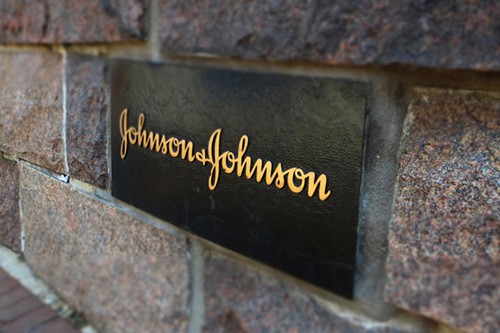
Johnson & Johnson is celebrating much-anticipated data for its prostate cancer therapy Zytiga that could see the drug being used first-line alongside conventional anti-androgen drugs.
Adding Zytiga (abiraterone acetate) plus prednisone to hormone-based therapies to men with newly-diagnosed prostate cancer reduced the risk of death by 38% compared to placebo in the 1,200-patient LATITUDE study, suggesting the drug should not be reserved until hormone therapies stop working.
J&J’s drug also reduced the chance of relapse by 70% and cut the chance of serious bone complications by 50%, while extending the time to cancer worsening from 15 months to 33 months, according to the results which were featured at the American Society of Clinical Oncology (ASCO) annual meeting in Chicago at the weekend.
“The benefit from early use of abiraterone we saw in this study is at least comparable to the benefit from docetaxel chemotherapy, which was observed in prior clinical trials,” said lead study author Karim Fizazi of the University Paris-Sud in Villejuif, France.
“But abiraterone is much easier to tolerate, with many patients reporting no side effects at all,” he added, while cautioning that the drug should be used with care in men who have an increased risk of heart problems such as those with diabetes.
“The next step is to see if adding abiraterone on top of docetaxel offers further benefit, a study which is currently ongoing in Europe.”
A second study with nearly 2000 patients – called STAMPEDE – showed that adding Zytiga to hormonal therapy improved the three-year survival rate to 83%, compared to 76% with hormonal therapy alone.
The new data has already filed for approval of Zytiga in hormone therapy-naïve prostate cancer patients in Europe as well as Japan, South Korea, Brazil, Switzerland and Taiwan.
Zytiga has been a big driver for J&J and led the prostate cancer market for many years, although sales have started to retreat thanks to competition from rival therapies, including Astellas’ fast-growing Xtandi (enzalutamide) which already has a pre-chemotherapy indication.
The new label could help J&J stem the decline somewhat, although Zytiga is facing generic competition in the US market next year – potentially earlier if the company loses ongoing patent litigation – so a much bigger impact on the brand is just around the corner.
Sales of Zytiga were $523m in the first quarter of this year, down around 6% having brought in $2.26bn over the course of 2016.




